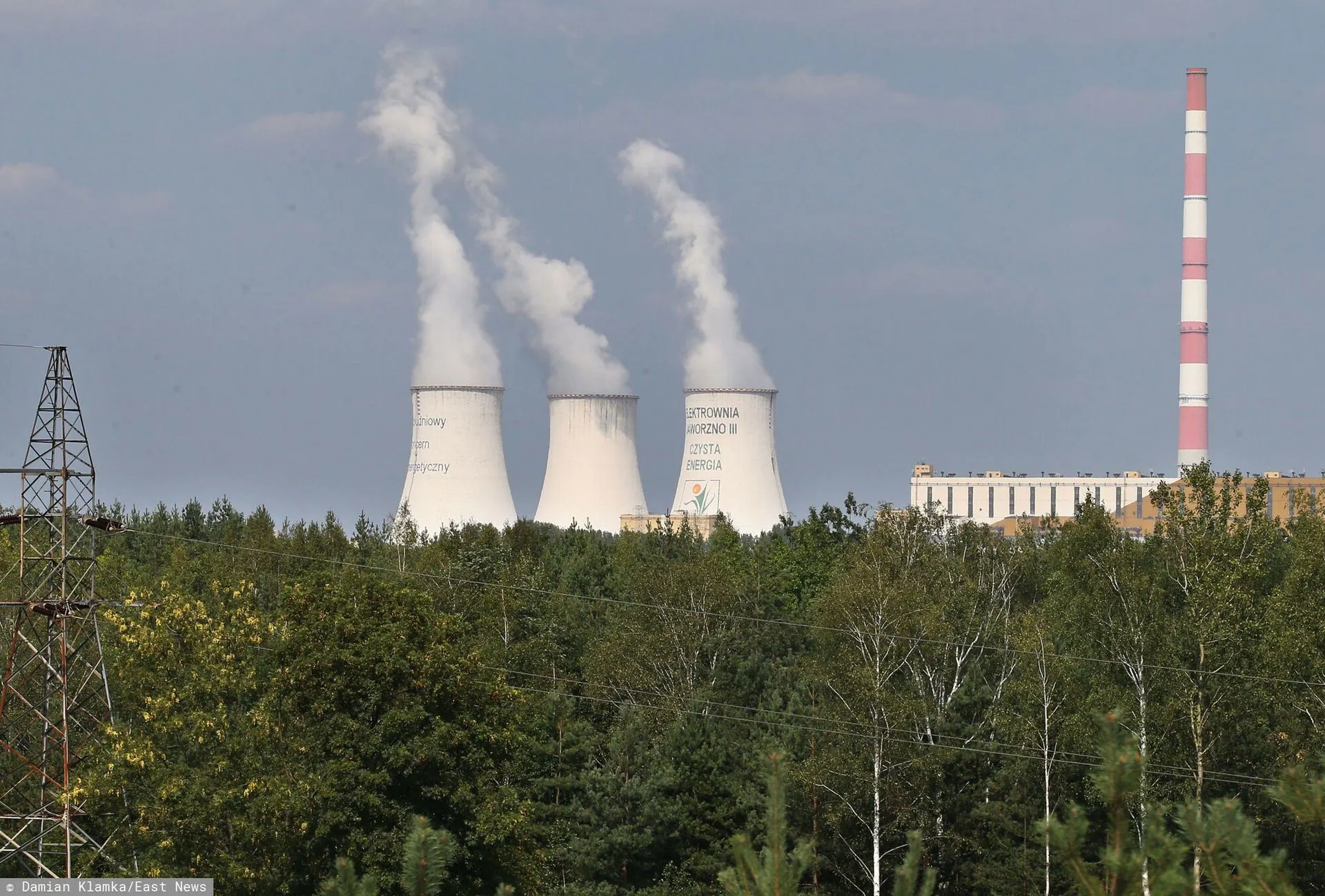
Artificial intelligence is often criticized for its high energy consumption, but a broader view reveals a more complex picture. While AI's integration into daily life is rapid, with generative AI reaching 39% of U.S. households in just two years, its actual energy usage is less significant than commonly believed. Data centers, which support AI, account for only about 2% of global electricity consumption, with other sectors like electric vehicles and air conditioning projected to have a much larger impact on future energy demand.
The future energy demand of AI hinges on advancements in efficiency, both in hardware and software. Innovations in computer chip technology have drastically reduced energy consumption for AI tasks, and the efficiency of these chips is expected to double every few years. While concerns about local energy strain from data centers are valid, the overall global impact of AI on energy consumption may not be as dire as often portrayed.
• AI's energy consumption is less significant than often portrayed.
• Data centers account for only 2% of global electricity consumption.
Generative AI refers to algorithms that can create content, rapidly gaining household adoption.
Data centers house servers that process and store data, including AI-related tasks.
Energy efficiency in AI involves reducing power consumption while maintaining performance, crucial for sustainability.
Microsoft is exploring nuclear energy solutions to meet the local demand for data center services.
Nvidia is involved in AI development and is also interested in nuclear energy for data centers.
Isomorphic Labs, the AI drug discovery platform that was spun out of Google's DeepMind in 2021, has raised external capital for the first time. The $600
How to level up your teaching with AI. Discover how to use clones and GPTs in your classroom—personalized AI teaching is the future.
Trump's Third Term? AI already knows how this can be done. A study shows how OpenAI, Grok, DeepSeek & Google outline ways to dismantle U.S. democracy.
Sam Altman today revealed that OpenAI will release an open weight artificial intelligence model in the coming months. "We are excited to release a powerful new open-weight language model with reasoning in the coming months," Altman wrote on X.
